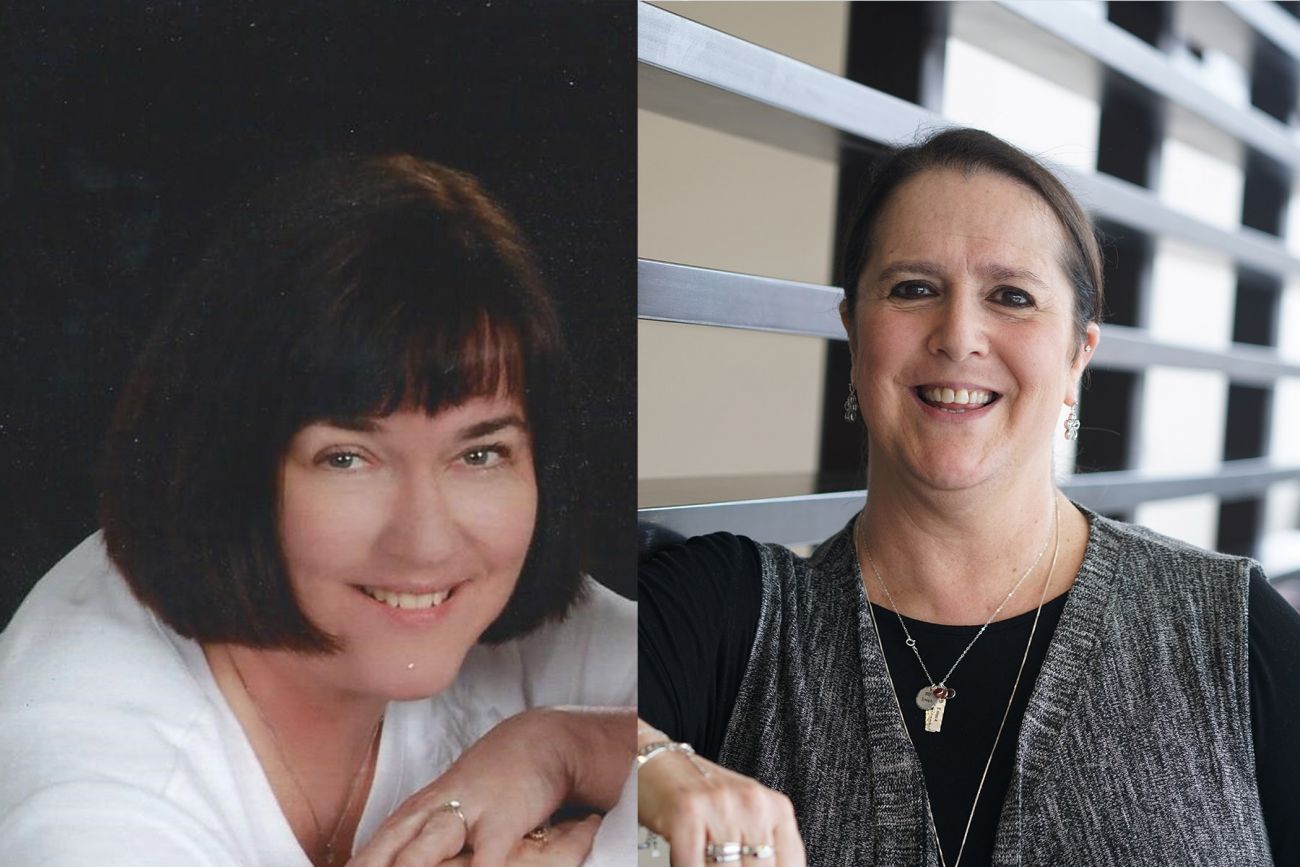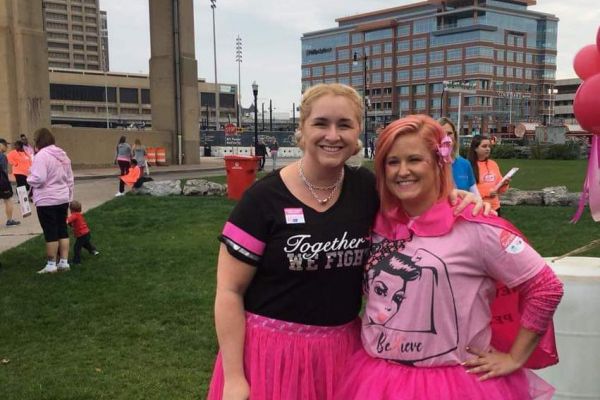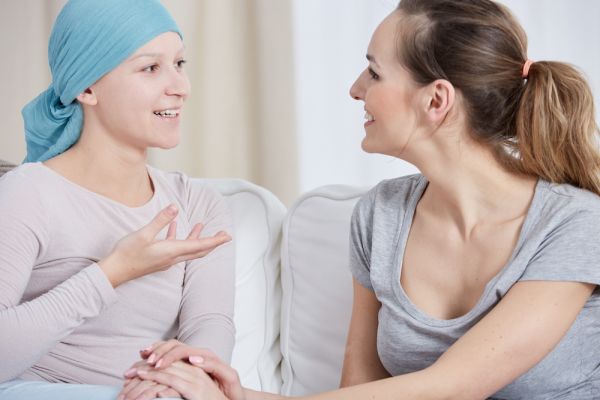No one expects to get cancer.
No one expects to get the news that a close friend has been diagnosed with cancer, either.
But when someone you love says they’ve got breast cancer, what do you do?
What should you do?
Joan Lewis and Sara Sade, cancer survivors who now work in the 11 Day Power Play Cancer Resource Center at Roswell Park Comprehensive Cancer Center, have some answers for you.
Being Unsure What to Say Is Normal
First, it’s OK if you don't know what to say to your friend. There are no classes on how to support someone who has cancer or how to respond to the news of a diagnosis. It’s understandable, on both sides, to be at a loss for words.
Once the shock subsides a little, Lewis and Sade recommend fighting the impulse to jump into helper mode, offering to bring meals, run errands, clean the house, schedule appointments and other tasks. Many people, especially women, want to manage things immediately and pull out all the stops to keep a friend’s life as normal as possible, as if nothing’s different.
It's best to resist that urge.
“The patient needs to know they’re in charge. Their life has just spun out of control,” says Sade, a Resource Center Coordinator who fought both breast cancer and metastatic melanoma.
Instead, ask how you can help and how they are doing. Even more important, listen closely to the answers, she recommends.
Help Extends Beyond the Kitchen
When she was going through treatment, Sade says, her family received dozens of well-intentioned trays of pasta with red sauce that filled the freezer. But she and her husband didn’t eat red meat and their daughter was vegan, so the trays largely went to waste.
Eventually she posted a message on her Facebook page to ask her friends to stop bringing food. “That took a lot of effort on my part and my family’s part," she says. "Gestures of compassion and wanting to help need to come with a request of how to help. Ask, 'What do you need?'”
Speaking with the patient’s caregiver or significant other also is a good option, as they might have suggestions of what your friend needs right away that they don’t have time to do.
Ask if you can help with errands or do their grocery shopping.
“Ask if you can bring a specific meal on a specific day, or see if they’d like you to come by on a certain day to play a game or go for a walk or some other activity they enjoy,” says Lewis, Coordinator of the Cancer Coach program, who also battled myelodysplastic syndrome (MDS), sometimes called pre-leukemia. “And thank goodness we have the technology we have now! I can make a shopping list for the grocery store and send it to my daughter to do the shopping.”
If your friend has children close in age to yours, offer to chaperone a playdate or trip to the park, or offer to watch them for a while.
Also ask how your friend prefers to be contacted. Not everyone will want daily phone calls, but text messages might be a nice way to say hello and let them know you’re thinking of them, especially if it’s a message that does not require a reply. "After that first call, ask how they would like you to check in,” Sade says. “I always said, 'Text.' Don’t just drop by — people will come by and knock at the door and your bald head will be in bed not feeling well that day.”
Be Patient and Understanding
If your friend declines any help or says they don’t want to be a bother, remind them that "it’s OK to accept help, and that, if the situation were reversed, you know they would do the same for you," Sade says. "Almost everyone feels like they don’t want to be a bother, but at the same time, you also need to know your friend and know that they’re like that. Don’t be pushy; tread a little lighter. If they really don’t want any help at first, donating blood or platelets is a great way to help, and you can make the donation in their name or in honor of them.”
Also be mindful of whether your friend wants this information shared with everyone or no one. It’s their choice, Lewis says, and it should be respected. It’s their news to share with as many or as few people as they want, and in accordance with their time schedule and comfort level. It won’t necessarily make it easier for one person to act as town crier and inform everyone else unless that’s what your friend asks of you.
Never miss another Cancer Talk blog!
Sign up to receive our monthly Cancer Talk e-newsletter.
Both Lewis and Sade say someone who has just been diagnosed with cancer will be on the rollercoaster ride of their lives and might go through bouts of depression and anxiety during treatment. There will be days when optimism and words of encouragement will be welcome and days when they will not. Knowing when your friend’s silence is due to sickness rather than withdrawing from the world is important, and keeping in touch with their caregiver can help you understand what’s going on.
Care for the Caregivers, Too
Lewis and Sade also stress the importance of caring for the caregiver. Offer to take your friend out for a walk or to get coffee — something that feels normal and would provide the caregiver and their family a little break. Your friend will appreciate the outing as much as they will, knowing that the person caring for them has a little rest at the same time.
Remember that it's not just the person going through cancer whose life has been upended. Their immediate family and caregiver are on a rollercoaster, too, and might not feel comfortable wanting to take a break. But caregivers who don't take care of themselves or who don't have the opportunity to rest end up being more stressed, which can be taxing to everyone involved.
When in doubt, ask your friend what they need from you or how you can help. Listen to their response and take it to heart.



